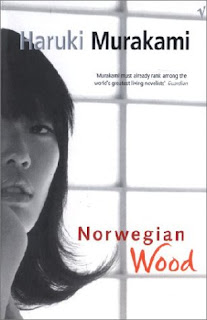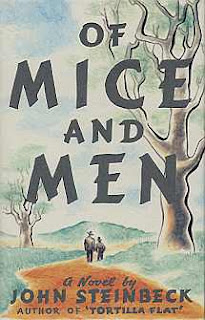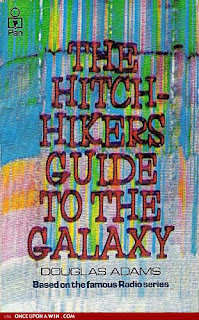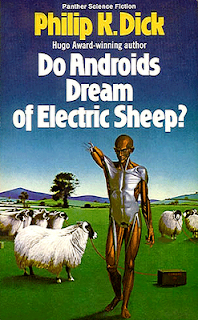 Can anything new be said about Tolkien's one thousand page epic? Not particularly but familiarty should not breed contempt, especially not when this is one of the most popular novels of all time, and especially not when it is always a rewarding and enthralling read.
Can anything new be said about Tolkien's one thousand page epic? Not particularly but familiarty should not breed contempt, especially not when this is one of the most popular novels of all time, and especially not when it is always a rewarding and enthralling read.Tolkien's knowledge of mythology, of religious symbolism, and of folk lore served him well in his construction of an entire world. Middle Earth is so comprehensively imagined that we almost take his attention to detail for granted as we travel his lands. This is the culmination of a life's work (despite living fo for some twenty-odd years after finishing 'The Lord of the Rings' Tolkien never completed another novel and the posthumous publications issued under instruction from his son, Christoper, were, to all intents and purposes, notes and fragments of Middle Earth history.
What strikes me most on reading again is the same sensation that struck me when I first saw Peter Jackson's superb adaptations of the individual books contained within the novel: this is a tale of a lost age. By this I do not mean that Middle Earth was once real - I am a literary critic, not a believer in fairies - but that the values and human sentimentality at the core of the work seem to have been ditched by modern society. it is difficult not to read of the love Samwise Gamgee feels for his master, Frodo, without 21st century cynicism creeping in and wondering whether Tolkien knew how homo-erotic it all sounded.
And yet to allow such postmodern knowingness to override the morality play underlying the tale is to miss the point. Chivalry, valour, honour amongst companions and love for one's fellow man are qualities sorely lacking in today's world. Perhaps they were already gone in Tolkien's time, given that he wrote the bulk of the novel during the Second World War, the bloodiest and most depraved example of inhumanity and hatred the world has ever known. If so then Tolkien himself was crying out for a mislaid sense of honour and for the triumph of good over evil. I would like to believe that such values are attainable in life, not only within the pages of epic novels, but this possibly proves that I too have reached an age when I fear for the future and romanticize the past?
















